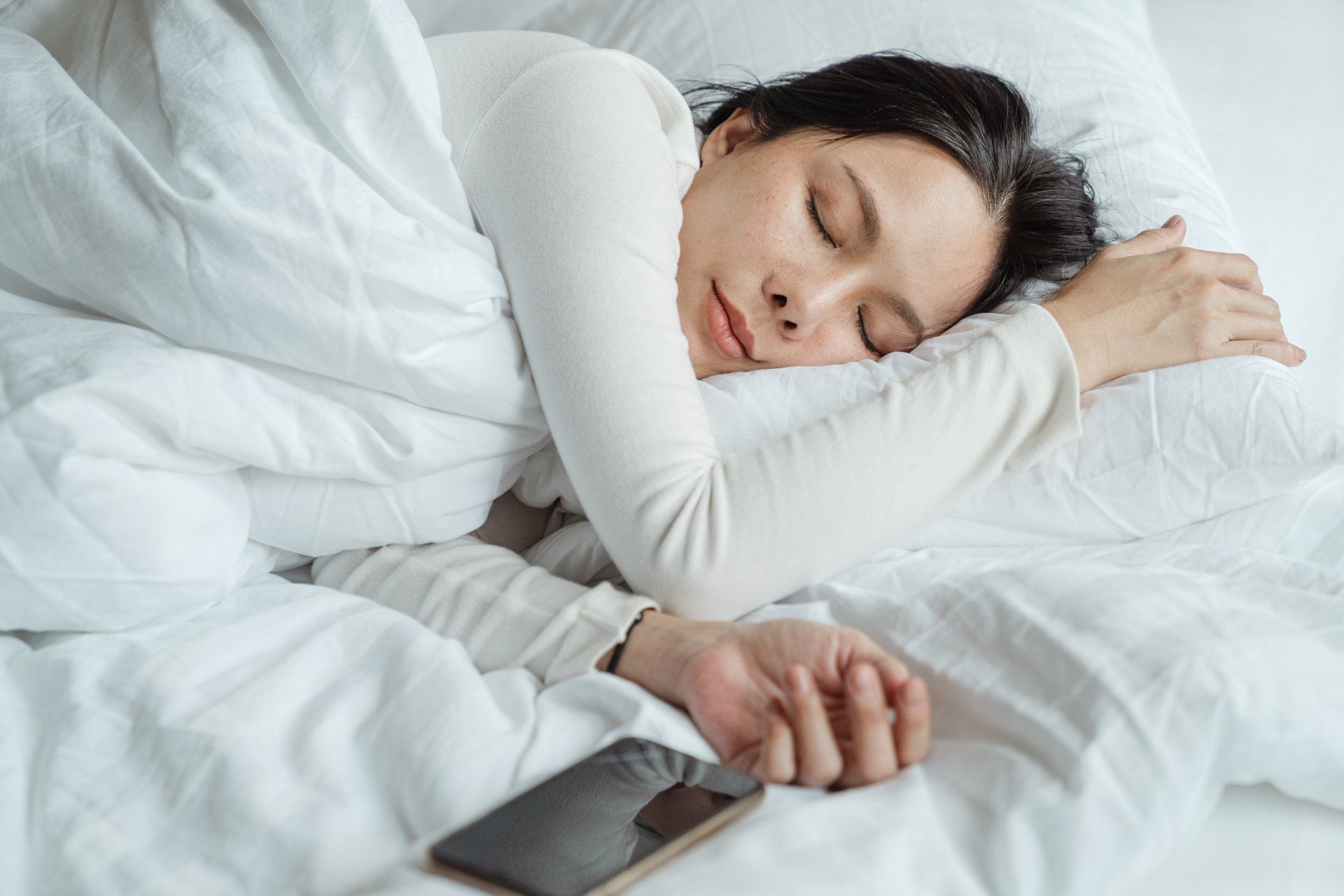Sleeping well
Sleeping Well

Getting a good night's sleep is crucial for your mental and physical wellbeing. There are two types of sleep – ‘deep sleep’ and ‘dream sleep’. Good quality sleep is about the amount of ‘deep sleep’ a person gets, not the length of sleep.
Most ‘deep sleep’ occurs during the first five hours after falling asleep. Sleep can be disrupted for a number of reasons, such as illness, pain, anxiety or depression.
How disrupted sleep affects your wellbeing
Examples of disrupted sleep patterns
- difficulty in getting to sleep
- poor-quality sleep
- less sleep
- frequently waking during the night
- waking very early in the morning and being unable to get back to sleep.
Consequences of inadequate deep sleep
- tiredness during the day
- poor concentration
- irritability
- aches and pains in muscles and bones
- weakened immune system.
Tips for improving your sleep
When you wake in the morning
- get out of bed immediately
- get up at approximately the same time every day
- get some fresh air by going outside
- do some physical activity.
During the day
- don’t nap during the day
- try to be physically active
- limit your caffeine intake and avoid caffeine after 4pm
- address any stressful issues during the day.
Before going to bed
- avoid going to bed too early as it isn’t the right time for ‘deep sleep’
- avoid smoking, vigorous exercise and drinking alcohol
- don’t go to bed hungry or with a full bladder
- allow yourself time to wind down
- avoid using electronic devices in your bedroom or within 30 minutes of your bedtime
- avoid sleeping pills where possible.
While you sleep
- keep your bedroom quiet, dark, well ventilated and cool
- avoid too many blankets and electric blankets – if you’re too hot, you won’t go into a deep sleep.
Overcoming Long Term Sleeping Problems
Sleeping problems may last for weeks, months or even years in some people. This can lead to anxiety about getting to sleep, which can make the problem worse. Try the following routine if you have difficulty falling sleep.
If you can’t fall asleep after 30 minutes, get up.
Distract yourself from your worries or restlessness by playing cards, knitting or taking a warm bath. If your mind is very active or you can’t stop worrying, try something that requires more concentration, such as a crossword puzzle or reading. You could also try some relaxation or breathing techniques.
Go back to bed when you feel more relaxed and sleepy. If you’re still awake after 30 minutes, get up again. Repeat the process until you fall asleep shortly after returning to bed.
If you regularly have trouble sleeping, speak to your doctor.
For more information visit the Beyond Blue website
(Source: Beyond Blue)







